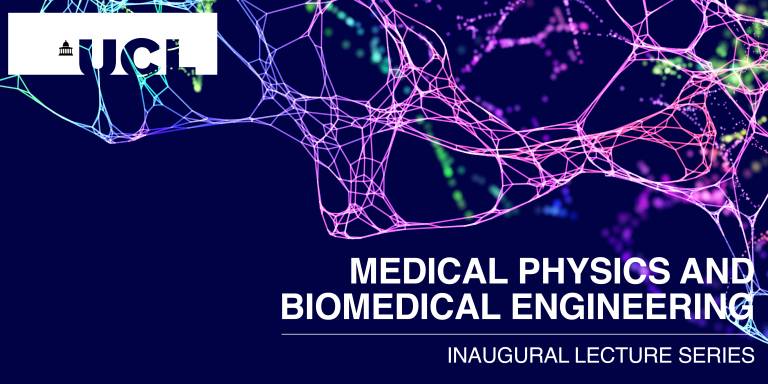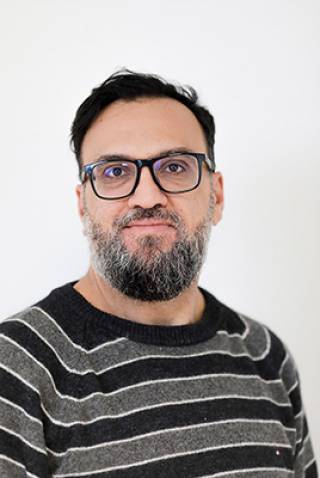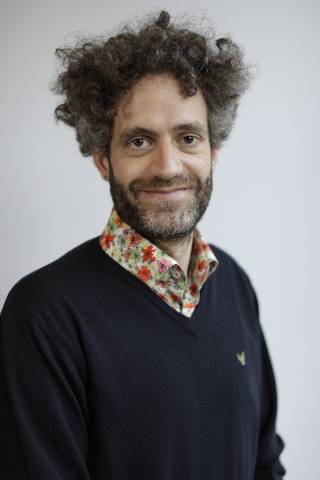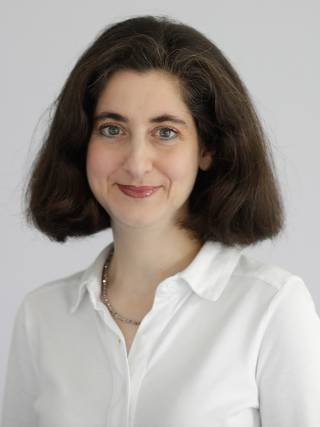
The UCL Medical Physics and Biomedical Engineering Inaugural Lecture series provides an opportunity to recognise and celebrate the achievements of our professors who are undertaking research and scholarship of international significance.
Upcoming events
Our 2024-25 schedule will be published shortly.
All of our inaugural lectures are free to attend and open to all. You don't have to be a UCL staff member or student to come along.
Lectures usually begin at 17:30 and are typically one hour long. A drinks reception will follow, to which everyone is welcome to join. We look forward to meeting you at one of our events!
Previous Lectures
- The Wandering Photon with Prof Ilias Tachtsidis
Lecture held on Thursday 16th March 2023
My inaugural lecture will be a collection of short stories from my journey to becoming a Professor of Biomedical Engineering at University College London. I will start by describing how I was introduced to the use of light and photons to look inside the body, followed by my PhD and postdoc years, running between the lab and the hospital; and from there how I lead a successful team and research programme of work in developing the next generation of brain imaging tools. Integrated within these stories are my teaching and outreach activities. At the end I will introduce the new approaches that my team are developing to transform patient metabolic imaging.
YouTube Widget Placeholderhttps://youtu.be/Ha-XaiUNWBw - Seeing through: my journey with X-rays for creating images and building new instruments with Prof Marco Endrizzi
Lecture held on Wednesday 20 March 2024
In this lecture I will talk about my academic journey, starting from when I developed a passion for X-ray imaging techniques, through becoming part of the Advanced X-ray Imaging group at UCL where phase contrast techniques have been pioneered and developed for nearly two decades, until now. Through a small collection of examples and short stories, I will show how this passion has provided me with the opportunity to learn about fundamentals of Optics and Radiation Physics, to travel around the world and to design and build unique instruments. I will conclude with an outlook of future directions, through the two main projects I am involved in at present, the National Research Facility for laboratory-based X-ray Computed Tomography and the new satellite group at the Francis Crick Institute.
YouTube Widget Placeholderhttps://youtu.be/t3evXlQrjJA - A Magnetic Journey with Prof Karin Shmueli
Lecture held on Wednesday 22 May 2024
From a PhD at UCL to postdoctoral research the USA National Institutes of Health and attracted back to UCL again, I will describe my magnetic journey to becoming a Professor of Magnetic Resonance Imaging (MRI) Physics in October 2021. I will talk about magnetic susceptibility: what is it, why is it useful and how we can calculate it from MRI phase images that are not usually used. I will present some of the research I have done with my team and collaborators to optimise quantitative susceptibility mapping (QSM) for clinical applications from head to (almost) toe, such as: in the brains of people with Parkinson’s disease, epilepsy and sickle cell anaemia, in head and neck cancer down to prostate and pelvic imaging. Finally, I will introduce the start of my journey into using QSM to study brain function and using MRI to measure electrical conductivity.
YouTube Widget Placeholderhttps://youtu.be/8-SB8Yx71BU - Many focuses, one vision with Professor Peter Munro
Lecture held on Wednesday 5 June 2024
I have had the privilege of working in optical imaging since starting work on my PhD just over 20 years ago. I’ve witnessed much progress in the field, whilst making some modest contributions of my own. I have focused on a range of techniques which make use of light, x-rays and ultrasound to achieve my vision of acquiring unique images. In this inaugural lecture I will reflect on how I have often found myself unexpectedly returning, with new insight or a new application, to an idea, technique or place that I have previously encountered. I will also discuss how a curiosity driven approach has been integral to my goal of using theory and computation to enhance optical imaging. I hope to share with the audience some of the enjoyment that I have gained from research and to give a perspective on what I plan still to achieve in computational optics.
YouTube Widget Placeholderhttps://youtu.be/h2VU8FrYM44
 Close
Close





